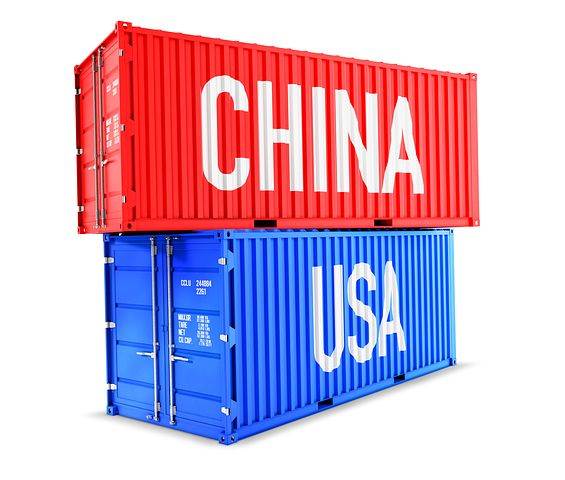 Politicians, market analysts, manufacturers, and consumers across the globe have been eagerly awaiting news about the trade negotiations between the United States and China, but it appears that a true update may not be imminently forthcoming. According to reports published by CNBC, a timeline of up to six months may be required to implement a trade deal, crashing hopes that a near-term solution would improve the global economic slump.
Politicians, market analysts, manufacturers, and consumers across the globe have been eagerly awaiting news about the trade negotiations between the United States and China, but it appears that a true update may not be imminently forthcoming. According to reports published by CNBC, a timeline of up to six months may be required to implement a trade deal, crashing hopes that a near-term solution would improve the global economic slump.
U.S. negotiators are expected to travel to China during the upcoming congressional recess. Though the exact dates for the journey haven’t yet been confirmed, it is expected to take place sometime between July 26th and August 1st. White House economic adviser Larry Kudlow expressed his optimism about the upcoming trade talks, saying that he expects Beijing to start purchasing U.S. agricultural products, one of the commitments that China made which U.S. negotiators consider paramount. President Trump has even hinted that he would be willing to reduce restrictions on Chinese tech giant Huawei in exchange for these purchases. This is a significant reversal in his previous position which asserted the security danger of Huawei’s technology.
On Tuesday, the International Monetary Fund lowered its forecast for global growth for this year and next, owing largely to the current tariffs between the U.S. and China as well as concerns about the implementation of the final stages of the Brexit. The IMF noted that the tariffs, coupled with reduced external demand, will constrict China’s economy further in the coming years.
Despite reports that the U.S.-Sino trade deal could take months to implement, traders remain hopeful, and their optimism was reflected during Wednesday morning’s Asian trading session, when most Asian indexes were trading higher. China’s benchmark indexes, the Shanghai Composite and the Shenzhen Composite both jumped over 1 percent, trading up 1.12 percent and 1.35 percent respectively, as of 10:53 a.m. HK/SIN. Japan’s Nikkei 225 was up 0.50 percent and Hong Kong’s Hang Seng Index was up 0.96 percent. South Korea’s Kospi was among the few indexes that saw losses, trading down a modest 0.07 percent. The Asian gains came on the heels of a positive day on Wall Street where major indexes were buoyed by a strong earning season.
On the currency markets, the dollar hit two-month highs against the euro. The greenback was bolstered by expectations for the upcoming trade talks and continued expectations for a dovish stance after the European Central Bank’s policy meeting. The euro eased 0.05 percent against the dollar, to trade at $1.1144. the dollar also gained against the Canadian dollar, to trade at $1.3133, though it slipped 0.03 percent against the yen to 108.18.
